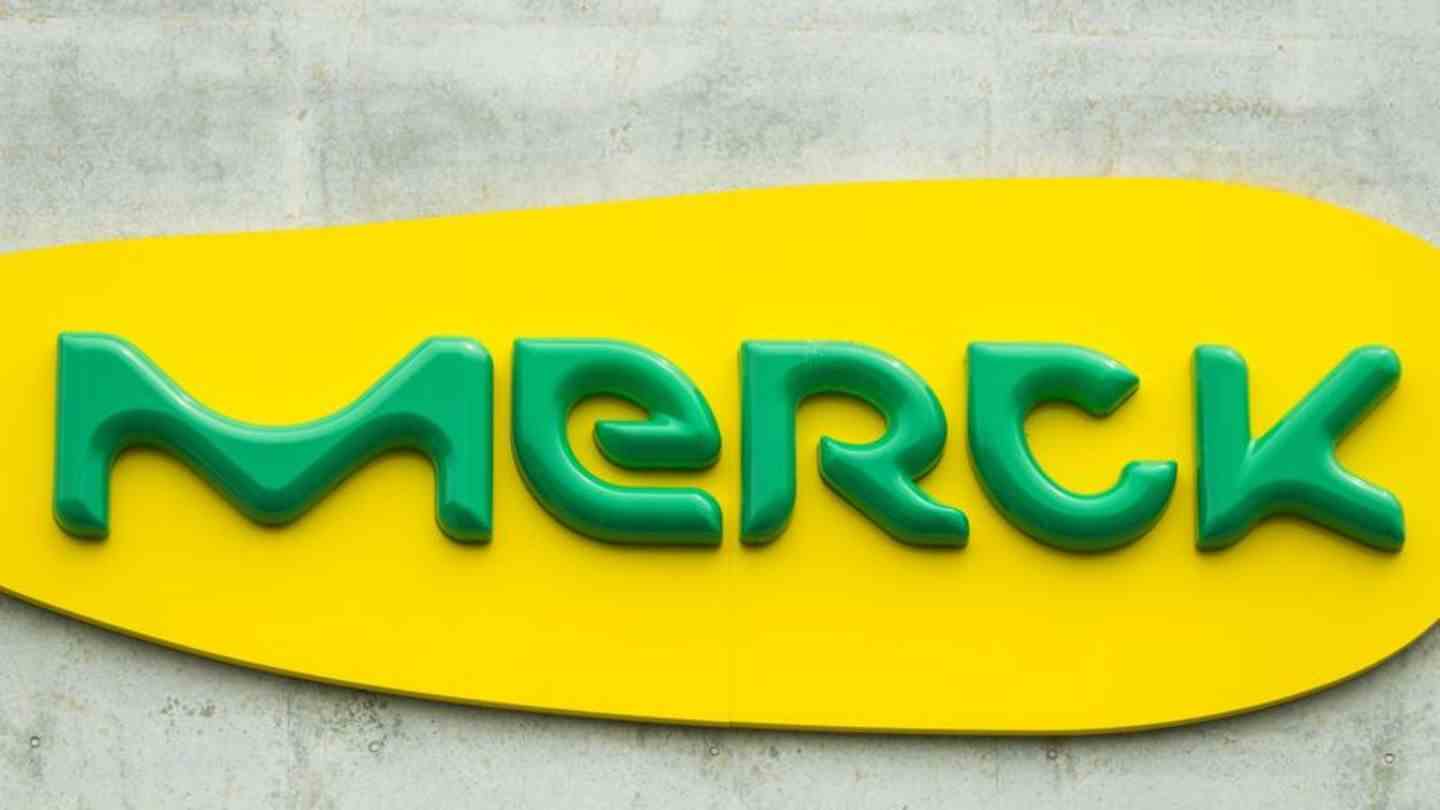pharmaceutical industry
Merck increases profit sharply at the start of the year
The pharmaceutical and technology group Merck experienced a boom during the pandemic. Photo: Andreas Arnold/dpa
© dpa-infocom GmbH
The pharmaceutical and chemical group Merck benefited from strong demand from vaccine researchers during the pandemic. This boost is now wearing off. But the core business continues to run smoothly.
The Darmstadt-based pharmaceutical and chemical group Merck can continue to rely on its growth drivers despite the slowing economy.
Sales and profits continued to increase in the first quarter, as the Dax company announced on Thursday. The laboratory business reported a record quarter and sales also grew in the pharmaceuticals division and in business with the semiconductor industry. Merck had a “promising” start to the year, said CEO Belén Garijo when the figures were presented.
From January to March, sales rose by around twelve percent to 5.2 billion euros compared to the same period last year. Part of this was due to positive currency effects. Adjusted earnings before taxes, interest, depreciation and amortization rose by almost eight percent to a good 1.6 billion euros. The bottom line is that Merck earned around 18 percent more than in the previous year with a profit of 884 million euros.
In particular, the rise in energy and raw material prices has accelerated with the Ukraine war. Merck therefore expects prices to remain high. At the same time, with a view to the current corona lockdowns in China, the group assumes that there will only be short and local restrictions with easing soon.
Strong demand from vaccine manufacturers
For the first time, Garijo named concrete goals for the current year. Sales are expected to grow to between 21.6 and 22.8 billion euros, after 19.7 billion last year. The operating result adjusted for special effects should also increase sharply to up to 7.1 billion euros (previous year: 6.1 billion). Due to the economic and geopolitical situation, Merck sees the targets as being subject to great uncertainty.
Merck has had two successful years during the pandemic, during which the company benefited from strong demand from vaccine researchers and manufacturers. Merck also supplies Biontech with urgently needed lipids for the Mainz-based company’s corona vaccine. The corona surge is now slowly fading away, while at the same time demand in the core business is increasing again in the laboratory division. In the first quarter, revenues in the division rose by almost 15 percent, carried by the business related to products and services for drug production. However, there was also a strong plus in business with researchers as well as scientific and commercial laboratories.
In the pharmaceuticals division, Merck benefited from its cancer drug Bavencio, sales of which more than doubled compared to the previous year. The division’s top seller, the multiple sclerosis tablet Mavenclad, achieved a sales increase of 29 percent. However, Merck once again recorded a decline in sales of older MS drugs.
In specialty chemicals, business with the semiconductor industry again provided momentum. Here, the group benefits from the chip boom – the industry is currently increasing its capacity. While Merck kept revenues in the business with color pigments, for example for cosmetics and car paints, almost stable, there was again a significant drop in sales of liquid crystals, for example for smartphone screens. Here, Merck has been facing tough competition from Asia for a long time.

